 -
-Quick Guides - Fats & Oils
Quick Guides - Vegetables & Fruits
Quick Guides - Nuts & Seeds
Below is a list of the most common low-carb foods recommended for the ketogenic diet. If you get my app, you'll be able to search through thousands of foods included in the KetoDiet database.
EAT Freely
Grass-fed and wild animal sources
- grass-fed meat (beef, lamb, goat, venison), wild-caught fish & seafood (avoid farmed fish), pastured pork and poultry, pastured eggs, gelatin, ghee, butter - these are high in healthy omega 3 fatty acids (avoid sausages and meat covered in breadcrumbs, hot dogs, meat that comes with sugary or starchy sauces)
- offal, grass-fed (liver, heart, kidneys and other organ meats)
Healthy fats
- saturated fats (lard, tallow, chicken fat, duck fat, goose fat, clarified butter (ghee), butter, coconut oil and MCT oil)
- monounsaturated fats (avocado oil, macadamia oil and olive oil)
- polyunsaturated fats: omega 3 fatty acids, especially from animal sources (fatty fish and seafood)
- You can find a complete guide to fats & oils in my post here. (which oils and fats are ideal for cold use, which for high-heat cooking and which to avoid)
Non-starchy vegetables and mushrooms
- leafy greens (Swiss chard, bok choy, spinach, lettuce, chard, chives, endive, radicchio, etc.)
- some cruciferous vegetables like kale (dark leaf), kohlrabi, radishes
- celery stalk, asparagus, cucumber, summer squash (zucchini, spaghetti squash), bamboo shoots
- mushrooms (white, brow, Portobello, shiitake, chanterelle, etc)
Fruits
- avocado
Beverages and Condiments
- water (still), coffee (black or with cream or coconut milk), tea (black, herbal)
- pork rinds (cracklings) for "breading"
- mayonnaise, mustard, pesto, bone broth (make your own), pickles, fermented foods (kimchi, kombucha and sauerkraut (make your own) - best homemade with no additives (my recipes for home-made condiments are here)
- all spices and herbs, lemon or lime juice and zest
- whey protein (beware of additives, artificial sweeteners, hormones and soy lecithin), egg white protein and gelatin (grass-fed, hormone free)
Eat Occasionally
Vegetables and Fruits
- some cruciferous vegetables (white and green cabbage, red cabbage, cauliflower, broccoli, Brussels sprouts, fennel, turnips, rutabaga / swede)
- nightshades (eggplant, tomatoes, peppers)
- some root vegetables (parsley root), spring onion, leek, onion, garlic, winter squash (pumpkin)
- sea vegetables (nori, kombu), okra, bean sprouts, sugar snap peas, wax beans, globe or French artichokes, water chestnuts
- berries (blackberries, blueberries, strawberries, raspberries, cranberries, mulberries, etc.)
- coconut, rhubarb, olives
Grain-fed animal sources and full-fat Dairy
- beef, poultry, eggs and ghee (avoid farmed pork, it's too high in omega 6 fatty acids)
- dairy products (plain full-fat yogurt, cottage cheese, heavy cream, sour cream, cheese) - avoid products labeled "low-fat", most of them are packed with sugar and starch that will only stimulate your appetite. You can read more in this post: Dairy on a Ketogenic Diet.
- bacon - beware of preservatives and added starches (nitrates are acceptable if you eat foods high in antioxidants)
Nuts and seeds
- macadamia nuts (very low in carbs, high in monounsaturated fats)
- pecans, almonds, walnuts, hazelnuts, pine nuts, flaxseed, pumpkin seeds, sesame seeds, sunflower seeds, hemp seeds, chia seeds
- brazil nuts (beware of very high level of selenium - don't eat too many of them!)
- You can read more in this post: Nuts & Seeds on a Ketogenic Diet, and in this post: Is Flaxseed Healthy?
Fermented soy products
- if eaten, only non GMO and fermented soy products such as Natto, Tempeh, tamari (gluten-free soy sauce) or paleo-friendly coconut aminos
- Edamame (green soy beans), black soybeans - unprocessed
Condiments
- healthy zero-carb sweeteners (Stevia, Swerve, Erythritol, etc.)
- thickeners: arrowroot powder, xanthan gum (keep in mind xanthan gum is not paleo-friendly - some people following the paleo diet use it, as you only need a very little amount)
- sugar-free tomato products (puree, passata, ketchup)
- cocoa and carob powder, extra dark chocolate (more than 70%, better 90% and beware of soy lecithin), cocoa powder
- beware of sugar-free chewing gums and mints - some of them have carbs from sugar alcohols like sorbitol, maltitol and xylitol that may raise blood sugar and cause digestive issues
Some Vegetables, Fruits, Nuts and Seeds with Average Carbohydrates - depends on your daily carb limit
- root vegetables (celery root, carrot, beetroot, parsnip and sweet potato)
- watermelon, Cantaloupe / Galia / Honeydew melons
- pistachio and cashew nuts, chestnuts
- Only very small amounts, better avoided completely: apricot, dragon fruit (Pitaya), peach, nectarine, apple, grapefruit, kiwifruit, kiwi berries, orange, plums, cherries, pears, figs (fresh)
Alcohol
- dry red wine, dry white wine, spirits (unsweetened) - avoid for weight loss, only for weight maintenance
Avoid Completely
Food rich in carbohydrates, factory-farmed meat and processed foods
Any foods with added sugar. Avoid sweeteners that raise blood sugar, cause insulin spikes, stimulate your appetite and kick you out of ketosis.
All grains, even whole meal (wheat, rye, oats, corn, barley, millet, bulgur, sorghum, rice, amaranth, buckwheat, sprouted grains), quinoa and white potatoes. this includes all products made from grains (pasta, bread, pizza, cookies, crackers, etc.) sugar and sweets (table sugar, HFCS, agave syrup, ice creams, cakes, sweet puddings and sugary soft-drinks).
Factory-farmed pork and fish are high in inflammatory omega 6 fatty acids and farmed fish may contain PCBs, avoid fish high in mercury.
Processed foods containing carrageenan (e.g. some almond milk products - watch for additives), MSG (e.g. in some whey protein products), sulphites (e.g. in dried fruits, gelatin), BPAs (they don't have to be labeled!), wheat gluten.
Artificial sweeteners (Splenda, Equal, sweeteners containing Aspartame, Acesulfame, Sucralose, Saccharin, etc.) - these may cause cravings and have been linked to other health issues such as migraines.
Refined fats / oils (e.g. sunflower, safflower, cottonseed, canola, soybean, grapeseed, corn oil), trans fats such as margarine.
"Low-fat", "low-carb" and "zero-carb" products (Atkins products, diet soda and drinks, chewing gums and mints may be high in carbs or contain artificial additives, gluten, etc.)
Milk (only small amounts of raw, full-fat milk is allowed). Milk is not recommended for several reasons. Firstly, all the dairy products, milk is difficult to digest, as it lacks the "good" bacteria (eliminated through pasteurization) and may even contain hormones. Secondly, it is quite high in carbs (4-5 grams of carbs per 100 ml). For coffee and tea, replace milk with cream in reasonable amounts. You may have a small amount of raw milk but be aware of the extra carbs. Lastly, farmers in the United States use genetically engineered bovine growth hormone (rBGH). rBGH is injected to dairy cows to increase milk production. Opt for full-fat dairy labeled “NO rBGH”.
Alcoholic, sweet drinks (beer, sweet wine, cocktails, etc.) - you can try my low-carb cocktails and drinks.
Tropical fruit (pineapple, mango, banana, papaya, etc.) and some high-carb fruit (tangerine, grapes, etc.) Also avoid fruit juices (yes, even 100% fresh juices!) - better to drink smoothies if any, but either way very limited. Juices are just like sugary water, but smoothies have fiber, which is at least more sating. This also includes dried fruit (dates, raisins, etc).
Mainly for health reasons, avoid soy products apart from a few non-GMO fermented products which are known for their health benefits. Also avoid wheat gluten which may be used in low-carb foods. When you give up bread, you shouldn't eat any part of it. Beware of BPA-lined cans. If possible, use naturally BPA-free packaging like glass jars or make your own ingredients such as ghee, ketchup, coconut milk or mayonnaise. BPA has been linked to many negative health effects such as impaired thyroid function and cancer. Other additives to avoid: carrageenan (e.g. almond milk products), MSG (e.g. in some whey protein products) and sulfites (e.g. in dried fruits, gelatin).
Legumes (beans, chickpeas, lentil, peanuts, etc). Apart from peanuts, legumes are relatively high in carbs and should be avoided. Apart from their high carb content, legumes contain lectins and phytates which makes them hard to digest. They have been linked to leaky gut syndrome, PCOS, IBS and Hashimoto's. When it comes to peanuts, some people avoid them while others use them in moderation. If you are considering peanuts, make sure you read this post first:
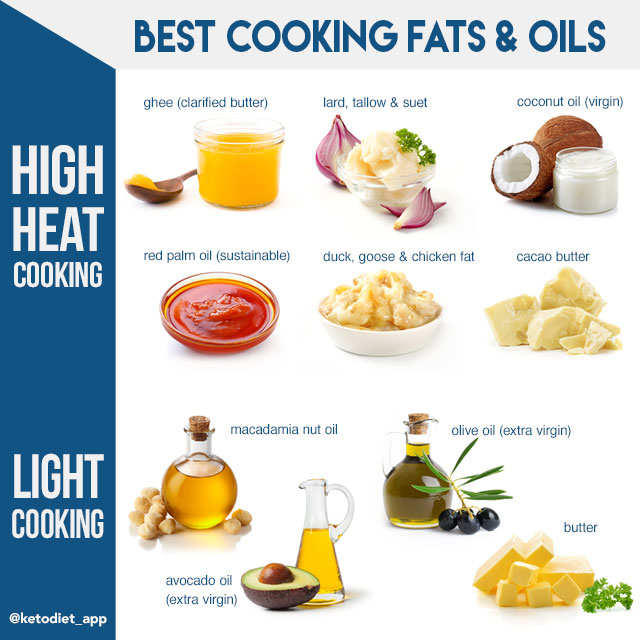
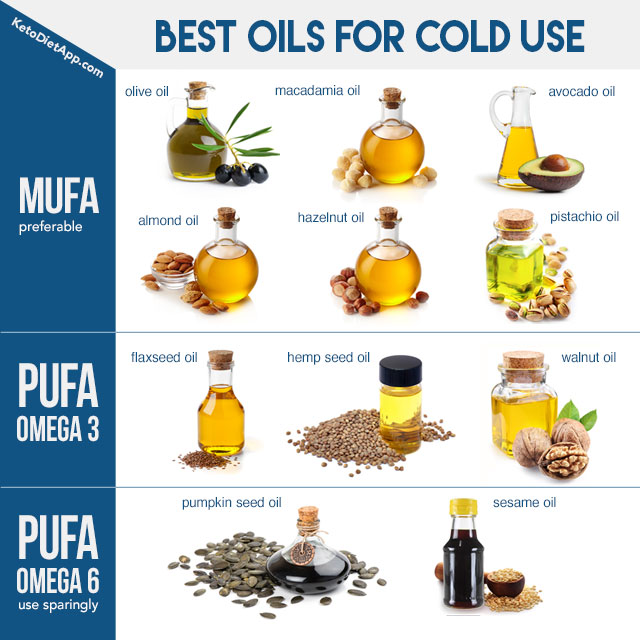


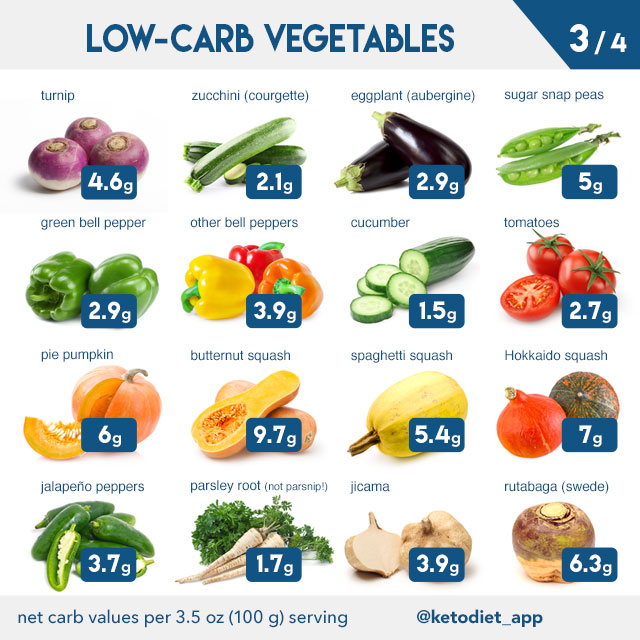
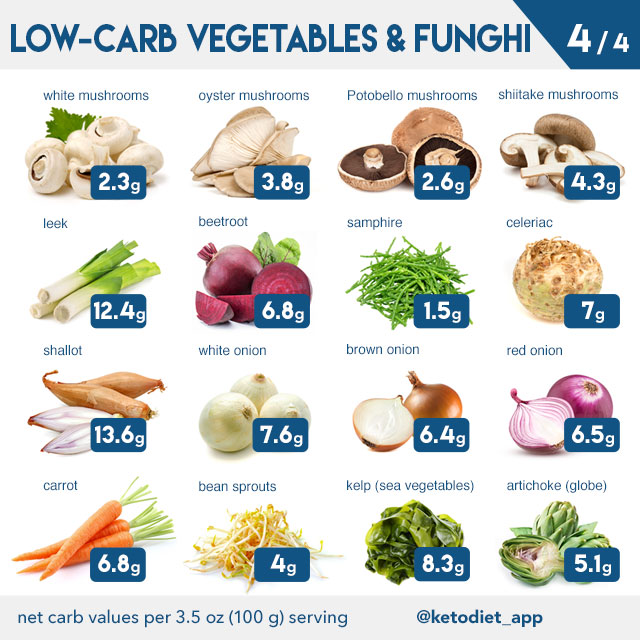
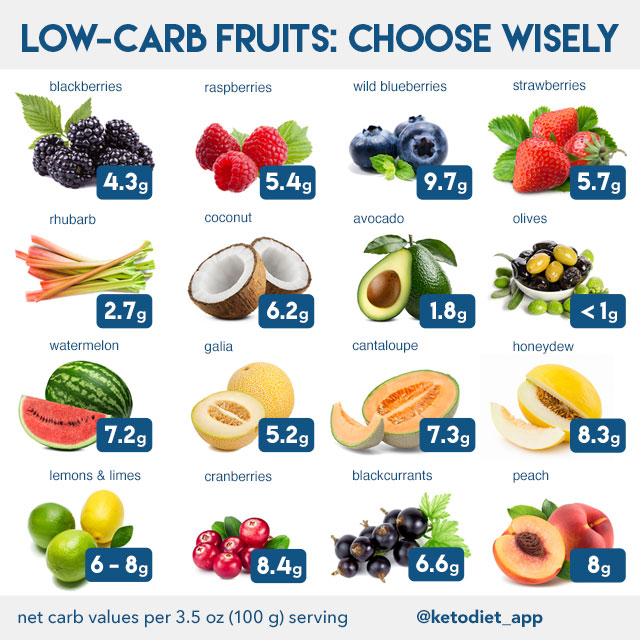
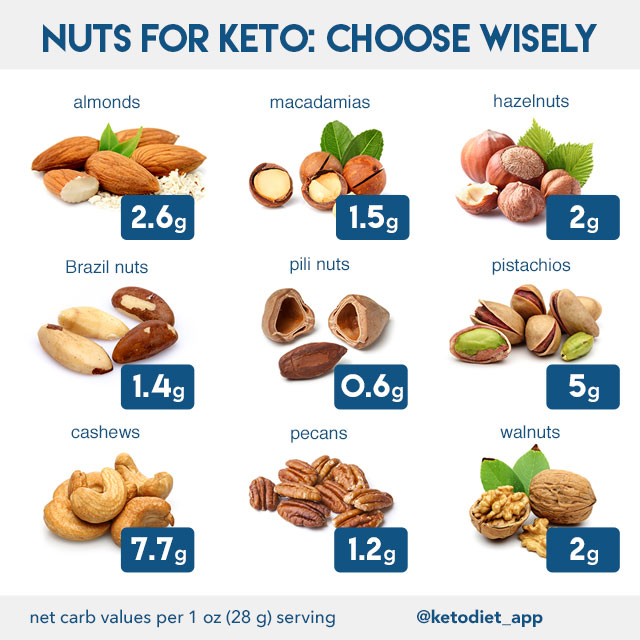

Comentarii
Trimiteți un comentariu